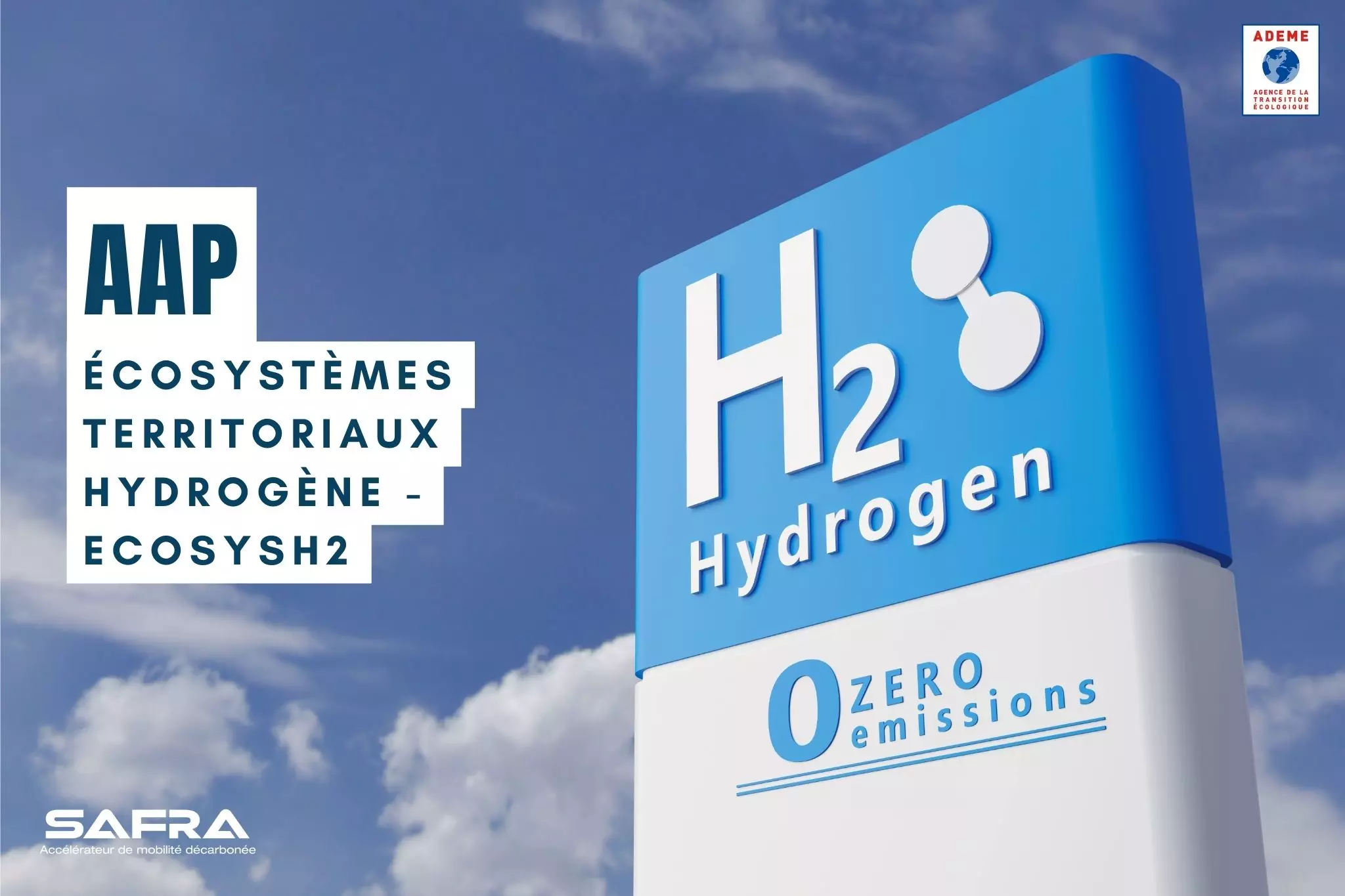
Call for projects: accelerating collective intelligence


“A stone has no hope of being anything other than a stone; by collaborating, it comes together as a temple”. This is how Antoine de Saint-Exupéry perfectly defined collective intelligence in his time! This is the relevance of Calls for Projects, which combine the strengths of several partners in creating a single, robust project. Our society is in perpetual movement, most particularly in recent times when many principles are being questioned, and we need new projects and innovations. By joining forces, partners in a same project can generate new ideas and solutions with a positive impact.
A call for projects (CFP), also known as a Call for Expressions of Interest (CFI), is a mechanism set up by a public or private body, for the purpose of funding projects through grants. This body, also known as a funder, defines a setting whereby applicants may freely define the content of their project within the defined framework.
The purpose of the call for projects often relates to an issue that the funder is seeking to address. The partners-candidates will then suggest an approach to this issue, by combining their know-how, products and services, within their application documentation.
As a result, this is a fair process, which helps to reduce subsidies, aid and donations, and to target them to specific, well-defined projects. This ensures greater transparency with regards to the selected project.

Calls for projects appear on an annual, biannual or even triennial basis, and are generally released by public bodies, such as ADEME, or private bodies, as well as associations or foundations. They are published directly on their websites, as well as on specialised platforms that combine calls for tenders and ongoing calls for projects. It is therefore a widely used tool, which has the particularity of being neutral, and allows participants that sometimes have no particular reputation or contacts to access funding.
A complete specification document, describing the issue at hand, is made available to candidates. This reference document provides the framework for the various partners to prepare their application in compliance with the rules set by the CFP, while ensuring a level of freedom of action, which is the strength of the CFP (as distinct from calls for tenders).
Our company responds perfectly to today’s environmental challenges by offering products and services linked to decarbonized mobility: building hydrogen buses, designing hydrogen retrofit kits, extending the life of passenger transport vehicles… the complementary nature and diversity of our activities enable us to offer a wide range of solutions for local authorities.
The recently published AAP ECOSYSH2, Ecosystèmes territoriaux hydrogènes, is perfectly in line with our activities. This call for projects aims to develop hydrogen ecosystems in our territories, integrating all the links in the chain: hydrogen production, hydrogen distribution, and uses of hydrogen, whether industrial or for mobility.
This call for projects is a perfect example of how to accelerate the development of the hydrogen industry, which is currently in full swing. It’s true that all the players are in place, but to produce hydrogen, you need applications, and conversely, to sell hydrogen vehicles, H2 stations need to be in place and developed. This call for projects will enable us to create a complete hydrogen ecosystem, from production to use, in order to develop consortia of partners in all regions, to finance and build these ecosystems.
SAFRA is one of the partners able to respond to this call for projects, in the “hydrogen mobility uses” category. Our sales teams are at your disposal to discuss the subject and help you put together your applications.
In a world facing ever more pressing environmental issues, transition
“A stone has no hope of being anything other than
The fourth leading cause of mortality in the world, air